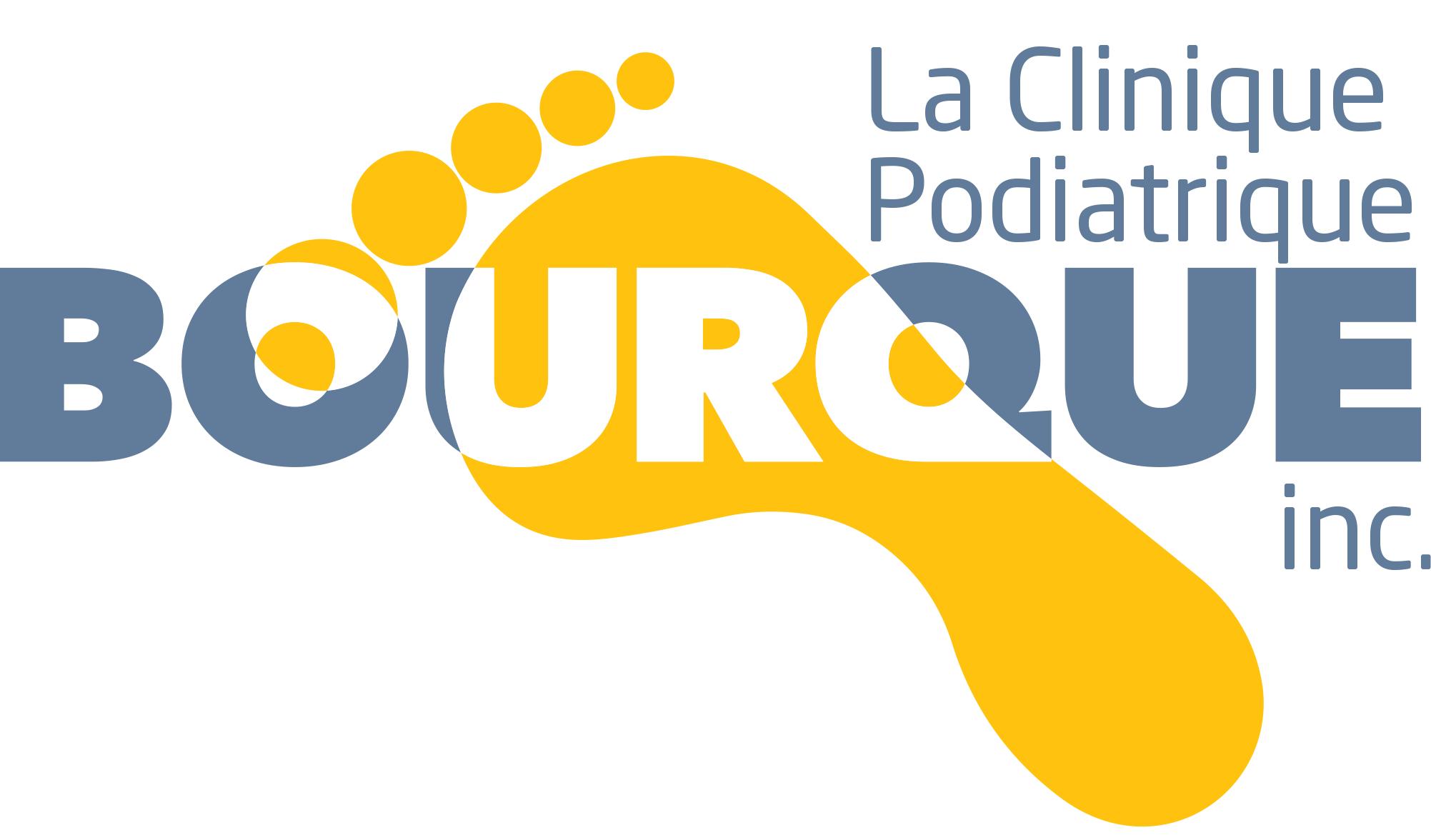HIGH-ARCHED FOOT – CAVUS FOOT
COMMON PROBLEMS
HIGH-ARCHED FOOT – CAVUS FOOT
A foot in which the arch is abnormally high is called a caves or high-arched foot. A cavus foot can be flexible, semi-rigid or rigid in nature. This type of foot condition produces excessive forces on the forefoot during loading and walking, often leading to instability in the foot and ankle, with accompanying pain. The cavus foot can develop at all ages and affect one or both feet.
The high-arched foot is often genetic in origin. It may also be caused by a neurological disorder or other medical conditions such as cerebral palsy, Charcot-Marie-Tooth disease, spina bifida, poliomyelitis, muscular dystrophy or stroke. In such cases, the deformity will likely worsen, with the foot becoming more hollow over time. Consulting a neurologist is highly recommended. However, when the cause of the high-arched foot is genetic, the overall appearance of the arch shouldn’t change over time.
In addition to an abnormally high arch, one or more of these signs or symptoms may be present:
– Hammer toes or claw toes
– Calluses – under the forefoot, outer side of the foot, under the heel
– Pain standing or walking
– Instability of the foot and ankle
– Frequent ankle sprains
– Muscle weakness
– Falling arch (a potential result of serious neurological damage)
– Lower back pain
THE SOLUTIONS
WHAT CAN I
DO ABOUT IT?
Several therapeutic methods can be used to relieve the pain and symptoms. Additionally, wearing custom orthotics can be highly beneficial for individuals with hollow feet of genetic origin. Hollow feet resulting from certain neurological causes can also be treated with orthotics. Custom orthotics require the podiatrist to take precise biomechanical measurements and conduct a thorough examination of the feet. The devices correct the pathomechanics of the foot and prevent multiple symptoms and problems later on.
OUR SOLUTIONS
WE OFFER THESE SERVICES

Custom orthotics
MAKE AN
APPOINTMENT
It’s always better to be foot safe than foot sorry! Contact the Bourque Podiatry Clinic now to have a licensed podiatrist examine your feet.
